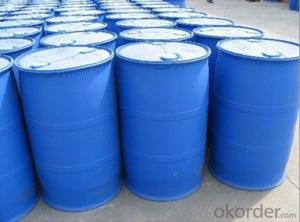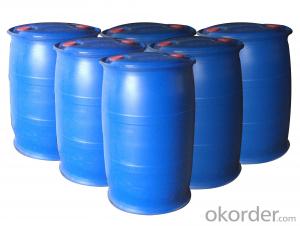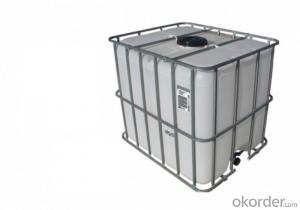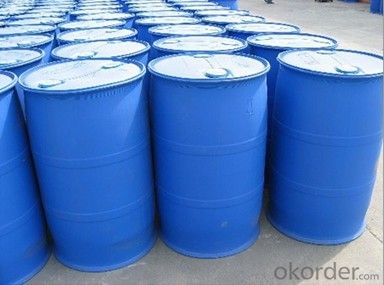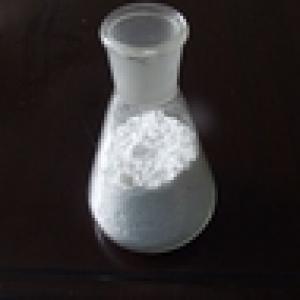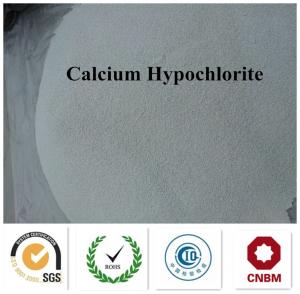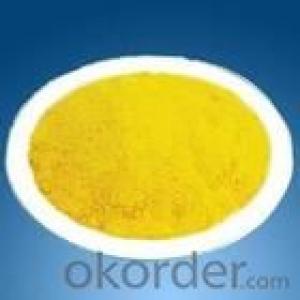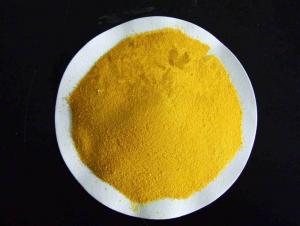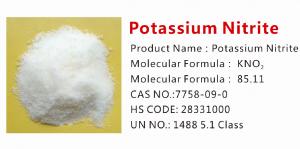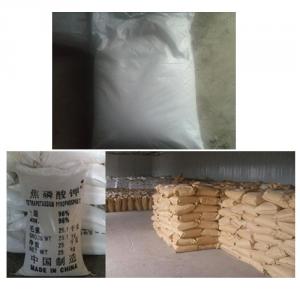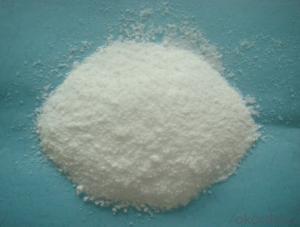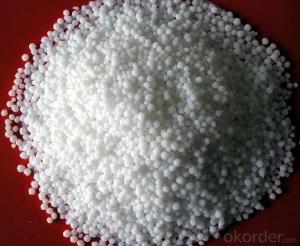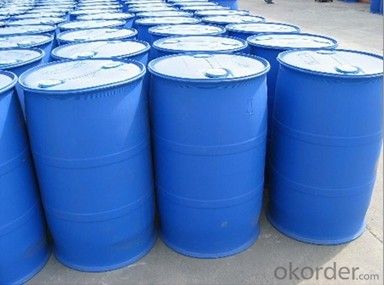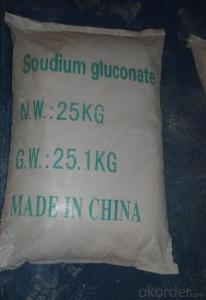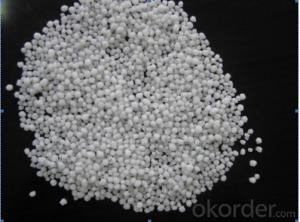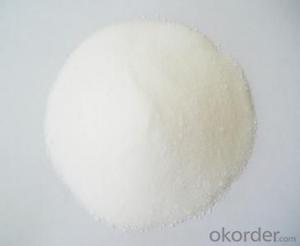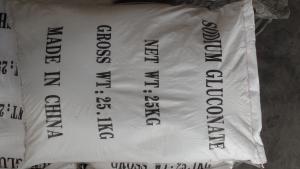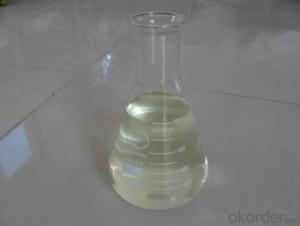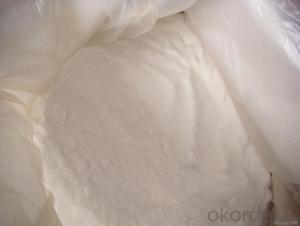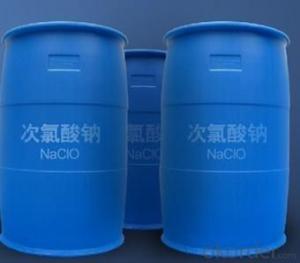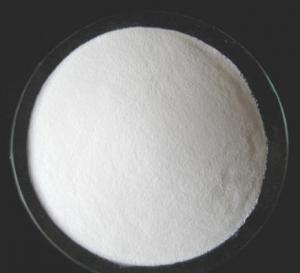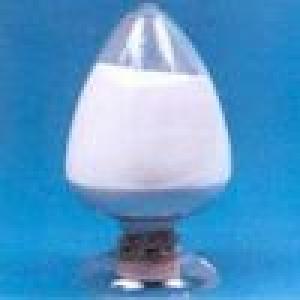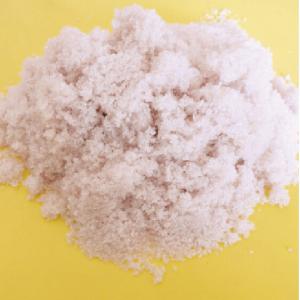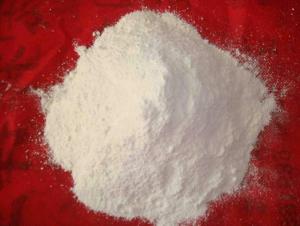Sodium Gluconate Chemical Liquid Construction Chemical
- Loading Port:
- China main port
- Payment Terms:
- TT OR LC
- Min Order Qty:
- 1000 kg
- Supply Capability:
- 500000 kg/month
OKorder Service Pledge
OKorder Financial Service
You Might Also Like
| 30% liquid sodium gluconate |
Technical Index: Q/140700RHP001-2007
White or light yellow liquid
Concrete Retardation, Paul plastic, plating complexing agent, water stabilizer, printing and dyeing industry are color agent,Iron steel surface treatment agent
|
Items | Specification (tech grade) |
Description | white or yellow crystalline powder or granula |
Identification | meets the requirements |
Loss on dry | ≤1.0 % |
Reducing substances
| ≤0.5% |
Sulfate | ≤0.05 % |
Chloride | ≤0.07 % |
Pb | ≤0.001 % |
Heavy metals | ≤0.002 % |
Assay | ≥98.0 % |
FAQ
1.Q: What is MOQ?
A: Our MOQ is 1 TON.
2.Q: Could you offer free sample?
A: We can provide free samples to you for quality testing.
3.Q: What about your packing?
A: For liquid: Flexitank, or IBC tank 1000L
For powder:Woven fabric bag with plastic film liner( 25kg or 1000kg)
Clients’ packing is workable.
4.Q: How about your productive capacity?
A: 150000 tons/Year.
5.Q: What is your delivery time?
A: Within 7 days after received deposit or L/C at sight.
- Q: What is the inorganic salt
- The main sources of various inorganic salts and the lack of the main performance (1) sodium sodium is the main ingredient of salt.China's nutrition society recommended adults over 18 years of age sodium intake of 2.2 grams per day, the elderly should take light food Sodium is commonly found in a variety of foods. The main sources of sodium are sodium, soy sauce, pickled foods, smoked foods, salty foods, etc. (2 Calcium is an important part of bone. Disease, osteoporosis, etc .. China Nutrition Society recommended adults aged 18-50 adult calcium intake of 800 mg per day; 50 years of age in the elderly 1000 mg.General calcium-rich foods are milk, yogurt, Oatmeal, sea cucumber, shrimp, wheat, soybean meal, soy products, lily, etc. (3) magnesium is the necessary elements to maintain the structure and function of bone cells.Magnesium deficiency can lead to nervous tension, emotional instability, muscle tremor and so on. (4) Phosphorus is an important part of the composition of bones and teeth. (4) Phosphorus is an important component of bone and teeth. (4) Phosphorus is an important component of bone and teeth. Severe phosphorus deficiency can lead to anorexia, anemia, etc. China Nutrition Society recommended adults over 18 years of age the appropriate intake of phosphorus is 700 mg. Common phosphorus-containing foods are lean meat, eggs, milk, animal offal, kelp, Nuts, coarse grains. (5) Iron is the most content of trace elements in the human body, iron and the human body's life and its health are closely related to iron deficiency will lead to iron deficiency anemia, immunity decreased. China Nutrition Society recommended 50 years old More than men's or women's iron daily intake of 715 mg. Common iron-rich foods are animal liver, kidney, caviar, lean meat, potatoes, wheat bran.
- Q: Children eat what to add the body of inorganic salts
- Such as fruits, vegetables, beans or soy products, kelp, eggs and so on. Eat hot and humid food: watermelon, bitter gourd, peach, ebony, strawberry, tomatoes, cucumber, mung bean and so on.
- Q: Which foods contain calcium-containing inorganic salts
- Calcium and inorganic salts are two concepts, bother you to go back and turn the chemical book and then ask, inorganic salt can eat
- Q: Definition of inorganic salts
- In addition to hydrogen, oxygen, nitrogen, carbon, sulfur, organic compounds other than organic compounds are collectively referred to as inorganic salts. The inorganic salts required by the human body, according to the content in the body, divided into essential elements (hydrogen, oxygen, nitrogen, , Magnesium, phosphorus, chlorine, potassium, sodium 11) in the human body content, the need for larger also known as macro elements of the source 2, the rest of the various elements, regardless of content, can be collectively referred to as inorganic salts. More elements such as iron, magnesium, potassium, sodium, phosphorus, sulfur, chlorine and other elements, other elements such as iron, copper, iodine, zinc, manganese, drilling, etc., due to the existence of a small number, and some even trace Known as trace elements, 3, what is the "inorganic salt", the body contains elements in addition to carbon, hydrogen, oxygen three elements mainly in the form of organic matter, the rest of the various elements are in the form of inorganic matter, collectively referred to as inorganic Salts such as calcium, magnesium, potassium, sodium, phosphorus, scratch, sulfur and the like
- Q: Does the plant absorb some of the inorganic salt?
- While the plant absorbs inorganic salts through the way of active transport, the process requires the carrier and the need to consume the energy generated by cell metabolism.
- Q: General identification method of inorganic salts
- Take the test sample, heating to remove the salt may be mixed, let cool, add water to dissolve, and then deepen .1% sodium tetraphenylborate solution and acetic acid that is white precipitate. The reaction conditions must be carried out in acidic (pH 2-6.0).
- Q: what is the function of salts in DNA extraction?
- The role of the salt is to neutralize the charge of the DNA's sugar phosphate backbone. This makes the DNA less hydrophilic (less soluble in water). Ethanol has a lower dielectric constant than water so it's used to promote ionic bonds between the Na+ (from the salt) and the PO3- (from the DNA backbone) causing the DNA to precipitate, to extract DNA finally..
- Q: What substances can detect inorganic salts
- Looks like, a lot of inorganic salt ah, this, I suggest you clear the concept of inorganic salt under you.
- Q: What are the main physiological functions of inorganic salts?
- enzyme composition and activator
- Q: My inorganic diet seems to be working but I am getting tired of the taste of rock salt. Should I continue?
- Stay on your diet, you salty dog you.
Send your message to us
Sodium Gluconate Chemical Liquid Construction Chemical
- Loading Port:
- China main port
- Payment Terms:
- TT OR LC
- Min Order Qty:
- 1000 kg
- Supply Capability:
- 500000 kg/month
OKorder Service Pledge
OKorder Financial Service
Similar products
Hot products
Hot Searches
Related keywords
